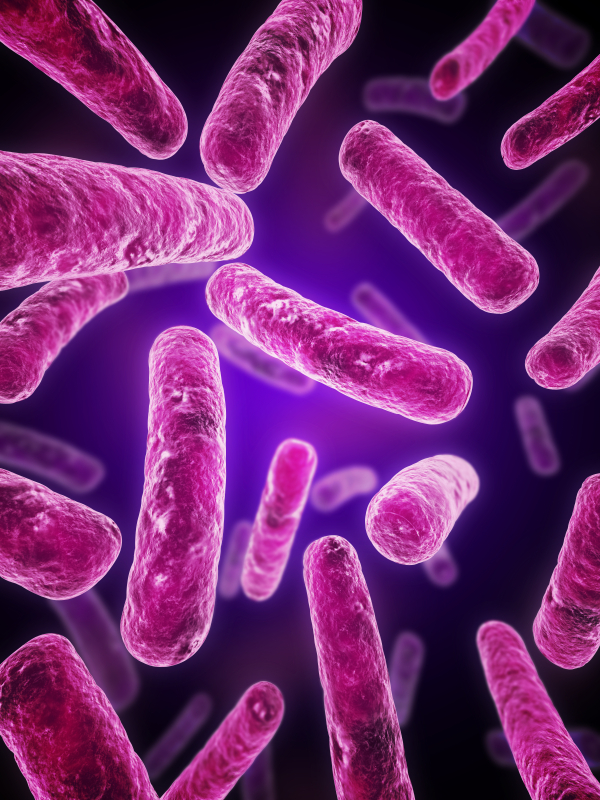
Think about the last time you gave a presentation. The feeling of having “butterflies in your stomach”. Or when you meet someone for the first time, that “gut feeling” of whether you two will get along. In our day-to-day lives, we often associate what happens in the gut with what goes on in our brain. In fact, scientific evidence suggests that our gut and our brain frequently communicate—through gut microbes. Apparently, the existence of trillions of bacteria and eukaryotes in our gut is not only crucial for our physical health, they may also be important for our mental health.
The first studies suggesting a bidirectional communication between the gut and the brain, termed the “microbiota-gut-brain-axis”, came from germ-free mice. These mice, which are devoid of microbes and raised in a sterile environment, demonstrate reduced anxiety-like behavior in stressful environments, such as mazes and open spaces (reduced anxiety is not a good thing for these small mammals that need to be constantly alert for predators). In a 2011 study, researchers transplanted the gut microbiota between different strains of mice and showed that the behavior of the microbiota recipient could be manipulated to resemble that of the donor. Other studies suggest that specific bacteria species, such as Lactobacillus and Bifidobacterium, may even help alleviate anxiety and depressive-like symptoms.
A 2018 study published in Nature Microbiology was one of the first studies showing a connection between the gut microbiota and behavior in humans. Researchers analyzed the microbiomes of 1,054 people and examined whether the lack of specific bacterial species associated with quality of life indicators. They found that two species, Coprococcus and Dialister, were lacking in the guts of people with depression.
Could the lack of specific microbes contribute to depression? The causal relationship is unclear at this point. However, the study also showed that the gut microbiome’s ability to produce a neurotransmitter called DOPAC (a metabolite of dopamine) is also positively associated with mental health. It is possible that the microbes play a role in metabolizing or synthesizing neurotransmitters essential for mental health. Studies have shown that neurotransmitters in the gut can activate the vagus nerve—a long nerve that connects the brain stem and the gut, thereby activating neuronal regions of the brain.
So why have microbes evolved to affect our behavior? Are they manipulating our behavior for their own benefit? Not likely. A 2018 study based on evolutionary theory suggested that behavioral effects of gut microbes result from natural selection of both microbes and their hosts. Gut microbes constantly grow and compete for survival, and production of host-affecting compounds may give them a competitive edge. Simultaneously, humans may have evolved to depend on gut microbes for normal brain function.
Understanding the connection between gut microbiota and the brain can open the door to new therapeutics. In the future, manipulation of the gut microbiota through fecal transplants, dietary supplements or probiotics may be used to alleviate brain disorders or improve mental health.
Latest posts by Johanna Lee (see all)
- Microfluidic Organoids Could Revolutionize Breast Cancer Treatment - March 25, 2025
- Bacteria From Insect Guts Could Help Degrade Plastic - January 28, 2025
- A Diabetes Drug, Metformin, Slows Aging in Male Monkeys - December 19, 2024
